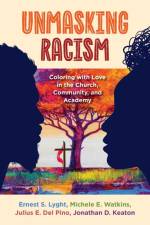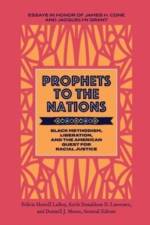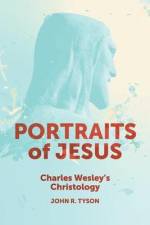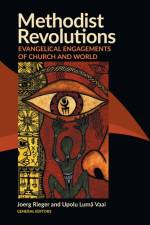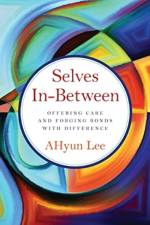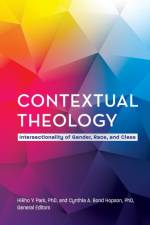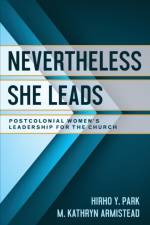av Felicia H Laboy
429
A new Black theology of liberation that addresses the needs of people crushed under the prevailing systems of racial, gender, and heterosexist oppression in America Allen. Jones. Varick. Lee. Douglas. Truth. Foote. Bethune. Lane. Holsey. Lawson-names of famous Black Methodist leaders who challenged racism and sexism of both American society and the church of their generation. These are people who called both the nation and the church to live into the vision for which it had been created and to loose the bonds of oppression. Once enslaved themselves, and descendants of slaves, they were determined to build denominations and colleges such that future generations would be prepared to assume leadership in an idealized and integrated society. These Black Methodist leaders from the AME, AMEZ, CME, and The UMC provided the theological, socio-economic, and political groundwork that encouraged, sustained, and mobilized African Americans during slavery, Reconstruction, Jim Crow, Civil Rights, and Black Power Movements. And while their impact of the work in the fight against both racism and sexism in the church and general society is well documented, what often goes unnoticed is the impact that these leaders had on two of the greatest movements to affect the landscape of the Academy-Black Theology of Liberation and Womanist Theology. What is also forgotten is that two of greatest theologians, James H. Cone and Jacquelyn Grant, were products of the AME Church. Furthermore, Cone, the doctoral advisor of Grant, was also greatly influenced by leaders of Black Methodists for Church Renewal, a Black advocacy group of The United Methodist Church.While it is important to remember great people of the past, it is also critical to recall the lessons that Black Methodists have taught us with regard to the fight against racial and gender injustice. This century's Black Methodists, whether AME, AMEZ, CME or UMC (BMCR), must find new ways to contend with racial, sexist, and heterosexist injustice. Like their Black Methodist forefathers and foremothers, they must find ways to provide theological and political responses to movements such as Black Lives Matter and #MeToo. The authors of this volume contend that there is no better time to assume the mantle of Black Methodist prophetic leadership than now as the theological academy and the church celebrate the 50th anniversary of Cone's groundbreaking book, A Black Theology of Liberation. With the passing of Dr. Cone and Dr. Jacquelyn Grant there is no better way, especially in an era of Me-Too, than to highlight their accomplishments in the fight against racial and gender injustice.

